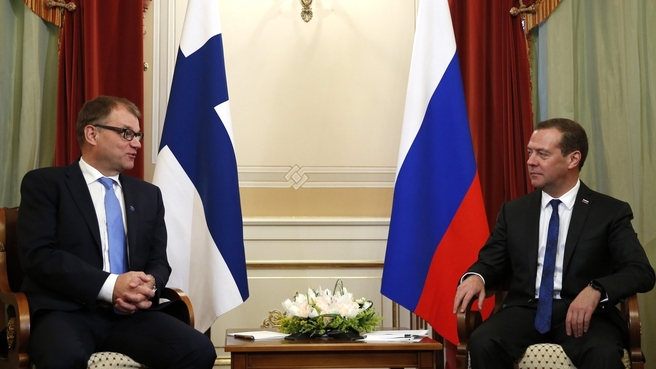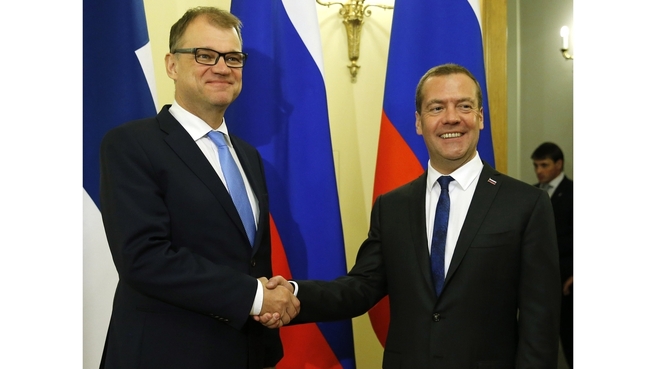Approval of the Strategy for the Development of Civil Aviation Exports
The goal of the Strategy is to achieve a sustainable growth of exports of the aviation industry’s civilian products. The Strategy provides for comprehensive support for the Russian producers of aviation engines, component parts and instruments in securing orders and carrying out exports.
Reference
Submitted by the Ministry of Industry and Trade in accordance with the priority project on International Cooperation and Industrial Exports (the project charter was approved at the meeting of the Presidential Council for Strategic Development and Priority Projects on 30 November 2016).
The Strategy for the Development of Civil Aviation Exports until 2025, hereinafter referred to as the Strategy has been approved by a signed directive.
The Strategy describes the current condition of exports in the aviation industry and determines key potential products, opportunities and priority markets for the export of aircraft and their spare parts.
The draft Strategy was elaborated in compliance with Federal Law No. 172-FZ of 28 June 2014 On Strategic Planning in the Russian Federation and in accordance with the Concept for the Long-Term Socioeconomic Development of the Russian Federation until 2020 (approved by Government Directive №1662-r of 17 November 2008), government programmes On the Development of the Aviation Industry for 2013-2025, The Development of Industry and Increasing its Competitiveness, and The Development of Foreign Trade.
The goal of the Strategy is to ensure sustainable growth of exports of the Russian aviation industry’s civilian products.
The Strategy interprets the aviation industry as the totality of Russian organisations dealing with the designing, production testing, upgrading, maintenance and disposal of aviation equipment.
The key principles of the comprehensive development of exports of aviation industry products have been determined as follows:
– support for the exports of aviation industry products must be aimed at developing exports as a whole rather than be limited to the support of aircraft manufacturing alone;
– support for the said products should be accessible both for integrated aviation industry organisations and manufacturers outside their framework, including private companies;
– support must be rendered at all stages of the exported products’ lifecycle and priority must be given to the support of sales and aftersales service.
The Strategy provides for comprehensive support for the Russian producers of aviation engines, component parts and instruments in securing orders and carrying out their first deliveries of exports, including localisation requirements stipulated in the new aviation programmes as regards imported aircraft.
The tasks stated in the Strategy are as follows:
– providing assistance in overcoming barriers in new markets, including technical regulations and certification;
– raising the level of technological equipment and standards of work in aviation industry organisations;
– supporting the promotion and enhancing the recognition of domestic products in foreign markets;
– building a ramified network of aftersales services and maintenance of domestic aircraft and their parts;
– prioritising the development of civilian aviation exports in integrated aviation industry organisations.

